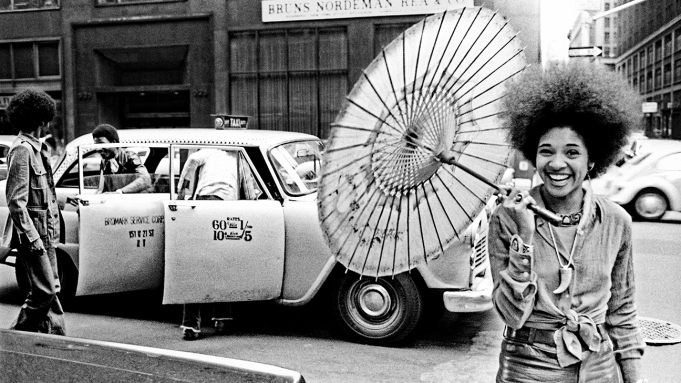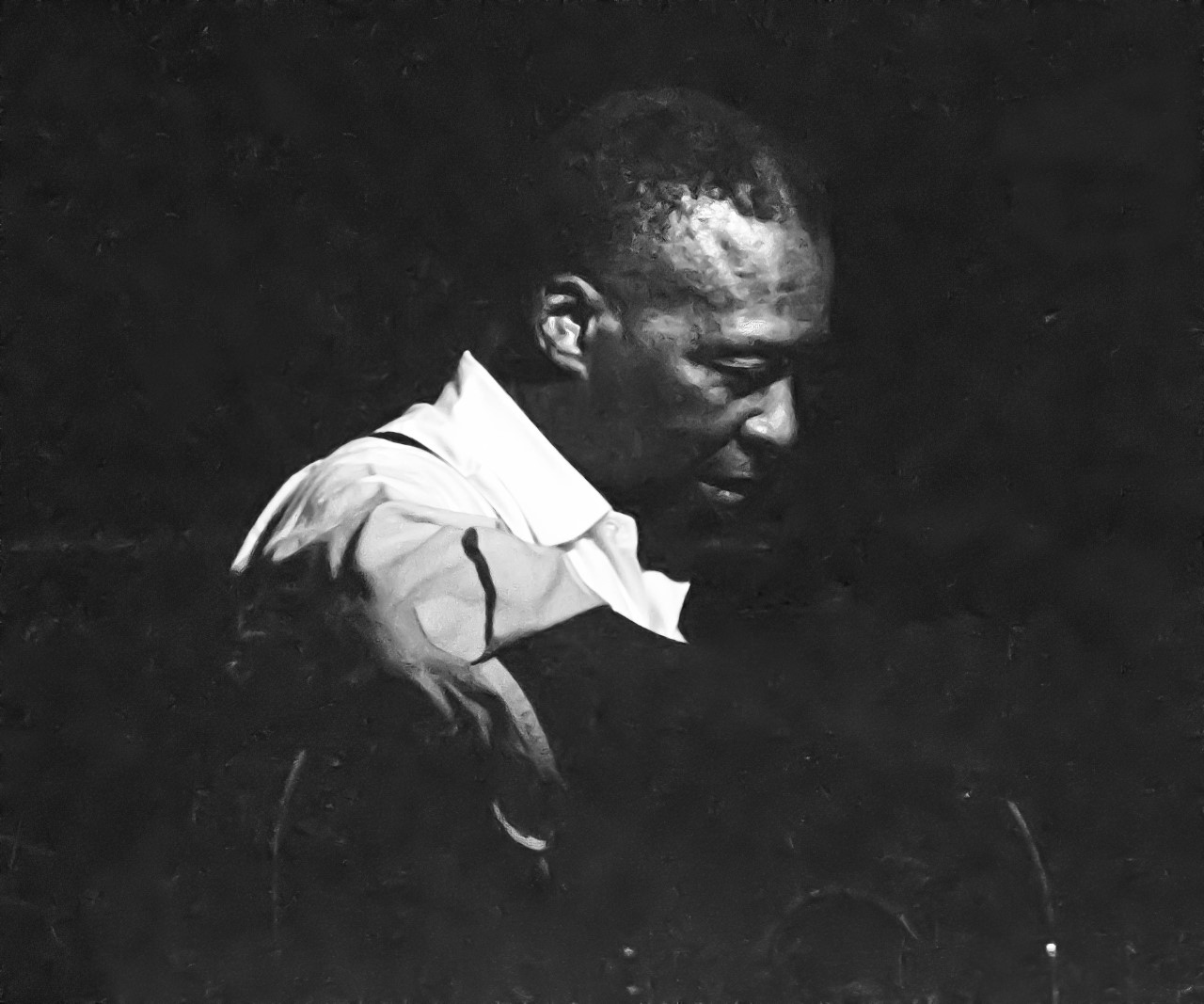Prince’s Welcome 2 America, which was recorded in 2010 but only released in 2021, five years after his death, has a rep for being a politically aware CD that anticipated the BLM summer of 2020. Prince limned his country as “land of the free, home of the slave.” Triplets on one lyric disclosed a low line of descent – “son of a son of a son of a…slave-master.” Ten years after, it’s still bracing to hear Prince cutting through the fantasy of a post-racial America.
Music
In Praise of Secular Jewish American Lyric Commentary: Why Bob Dylan and Louise Glück are 21st Century Nobel Laureates
Seven decades after what Benjamin Schreier calls, “the dominant event of Jewish American literary history,” which is the “‘breakthrough’ – the irruption in the 1950s of Jewish American writers like Bernard Malamud, Philip Roth, Saul Bellow, and Grace Paley into the heart of American cultural scene,” two Jewish American lyricists have received the Nobel Prize for Literature in a span of four years: Bob Dylan (born Robert Allen Zimmerman in Duluth, Minnesota in 1941) in 2016 and Louise Glück (born in New York City in 1943 and raised on Long Island) in 2020 (Schreier, 2).
Rocky Mountain High
What easier target than John Denver, Henry John Deutschendorf Jr., Aspen’s poet laureate, that insipid 70s fauxkie whom if you turned on the radio you could not at the time avoid being made to hear or block from your sight on TV whether you tuned into the Grammys or the Muppets (and I know this, I was there), who would be singing about sunshine on his shoulders or being taken home along a country road, his senses filled up by his loving wife Annie (herself little more than a vehicle for the nature images Denver would summon to describe her, a night in a forest, a walk in the rain, a storm in the desert, a sleepy blue ocean—one heck of a relationship I guess), his “Rocky Mountain highs” presumably purer than Joe Walsh’s “Rocky Mountain Way,” spiritual elevations delivered through nature’s bounty and domestic bliss, Ralph Waldo Emerson by way of Werner Erhard, but who we always suspected to be and later learned was (in part from Denver’s own autobiography, called what else Take Me Home) a celebrity stoner and cokehead (not that there’s anything wrong with that) who at one point in a mid-divorce rage chainsawed his beloved Annie’s bed in half. Easy peasy, a little cultural studies, a little Hollywood Babylon, done and dusted. I think there are other reasons as well why the above story is too easy.
Great Days in Prince’s City (Julian White aka DJ Brother Jules R.I.P.)
The first time that my wife, Monica, and I stepped foot into Paisley Park, it was through an invitation from Julian White aka DJ Brother Jules who was Prince’s house DJ, first at Prince’s club Glam Slam and then for many years at all those renowned late night/early morning parties and performances at Paisley Park.
“My Heart is in My Ears”: Listening to Jekalyn Carr (et al.)
“Get in your right posture!” Per Ms. Carr as she wails and falls down for her savior. God knows we should all take a knee for her — and her Sister Charisse. (I hear that Youtube commenter: “Why ain’t nobody talking about how ms charisse killed it. lord her voice is heavenly.” No doubt! She made Jekalyn JUMP!)
Jekalyn Carr and Ashley Charisse Mackey are major but they’re not too far gone from the small storefront church in Roxane Beth Johnson’s verse…
Christone “Kingfish” Ingram: Straight Out of Clarksdale
Two tracks off Ingram’s 2021 CD, 662:
Act of Imagination (& Larceny)
The groove in the Rolling Stones’ classic cover of “Just My Imagination” (1978) comes straight out of Waylon Jennings’ “Are You Sure Hank Done It This Way” (1975). No plaints here. Geniuses steal. Follow the echoes below…
Roller Skating Tuesday
Lana Del Rey is set to release a new CD in July. Last time around she didn’t seem intent on “making the next great American record.” The will to go pop (without compromising) that made her Norman Fucking Rockwell undeniable in 2019 was missing from Chem Trails over the Country Club, which she put out earlier this year. The absence of f-words on Chem Trails may be a sign LDR sensed someone like Olivia Rodrigo would render slack style sub-urban (and all sold-out), but it also hints LDR’s rock ‘n’ roll attitude was on hiatus. OTOH, Chem’s Trails‘ “White Dress” came through, with a little help from the video. That, in turn, sent me back to a roller-skating video posted here last summer. Compare and contrast, or just roll on…B.D.
Late Bouquet: Pansies from “Easily Pleased”
The book’s title, Easily Pleased, comes from an interview with Louie Bashell in Polka Happiness by Charles and Angeliki Keil (Philadelphia, Temple University Press, 1992), 141. Bashell muses:
It’s a very melodious music. Simple music and melodious; you don’t have to be a genius to play it, you know, or have good technique, or anything like that. It’s just a flowing music. Polish music has various frills and trills in it, a very distinct flavor, while Slovenian music is plain, simple notes that just move–nothing fancy. I’ve never come across a piece of Slovenian music that was difficult. The Slovenians are so easily pleased. They don’t have to have nothing special.
A View of Resistance from a Detroit Record Shop Life: James Brown (and ’67 Sounds) to Now!
Marsha Music née Battle hears the music of Detroit as the soundtrack of struggle in her hometown and she’s aware (as one of her neighbors once declared) “the city is the black man’s land.”
Thionne Ballago Seck R.I.P.
Thionne Seck—perhaps the purist vocal talent in an extraordinary cohort of male Senegalese singers that includes Youssou N’Dour, Baaba Maal, Omar Pene and Ismael Lo—died on March 14th.
Choosing Sides (A Song for Safe Harbor Day)
You probably might not remember/You really put on a show
You don’t have to surrender/You’ve just got to go


